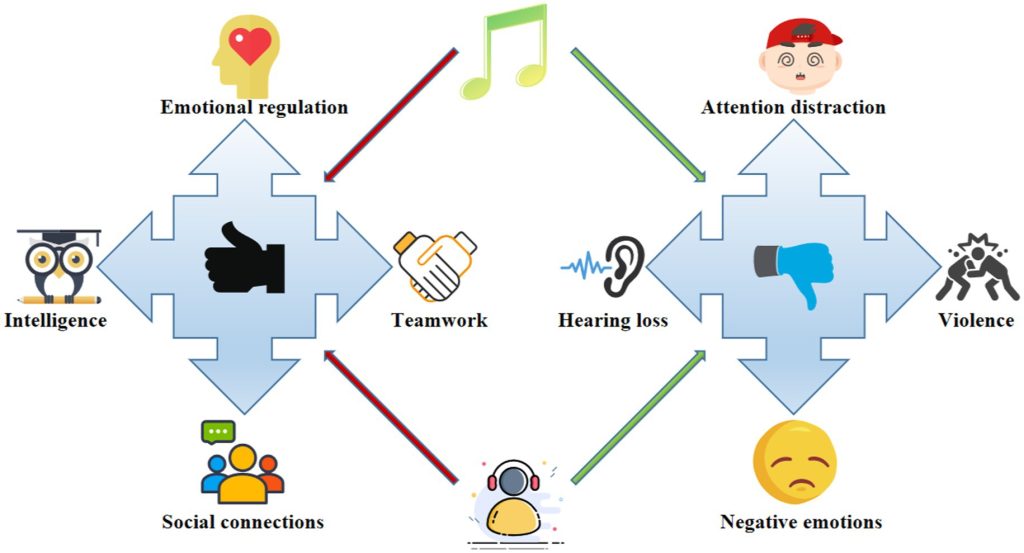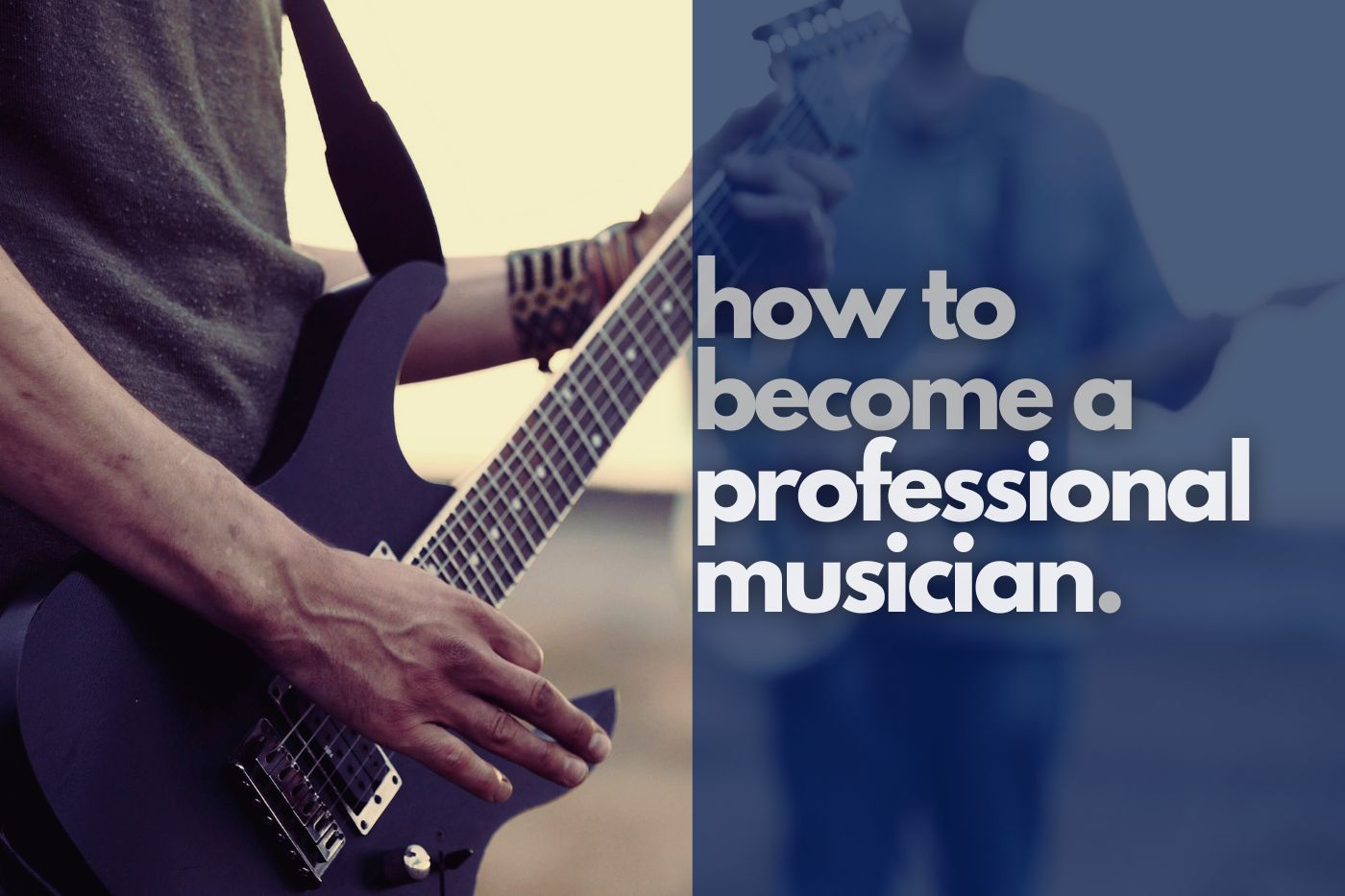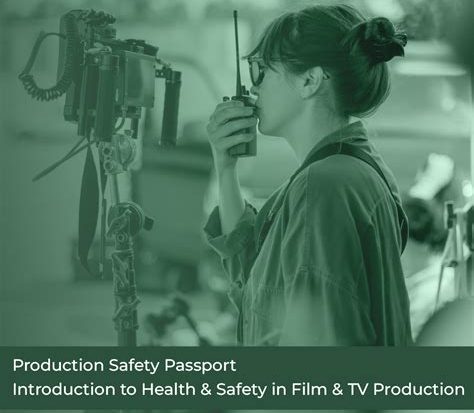In the most simplified sense possible, being a professional musician means practicing and playing music, nearly every single day.
For the layperson, there might be an expectation that professional musicians also have to be songwriters, but that’s not really the case.
Every songwriter and composer creates a need for skilled musicians who can bring their ideas to life. Even pro musicians who have been trained in a particular genre need to be proficient in many different genres to maintain their careers, but that kind of versatility requires high-level skills, an impressive work ethic, and a commitment to daily practice sessions.
A shining example of a professional musician who puts all these traits into action is Mr. Jiawei Cui, a lifelong musician who plays classical, contemporary, and traditional music with numerous groups and as a session player as well.
Originally, Cui trained as a classical violinist with Chai Liang, which led to Cui performing classical music all around the world. But that was just the start.
During his time here in the United States, Cui has also become a successful session musician for film scores and pop music, a teacher, and a member of multiple performing groups covering a range of genres.
But rather than asking Cui to dig into his long list of past projects, we challenged him to distill his experience into some of the most vital concepts that aspiring professional musicians need to understand about what this career is really like and what it takes to succeed.
Do you have a specific practice routine? If so, has it changed over the years?
Cui: I always practice open strings, then scales, and double stops. In the past, I would play etudes and various studies. Then I would go and practice the difficult passages of the pieces before I start working on the piece as a whole.

Do you find it easy to stay motivated?
Cui: Of course. In this profession, there are definitely difficult times, but there will also be easier times. You just have to make it through those difficult moments.
What would you say has been the most pivotal moment of your career so far?
Cui: The most pivotal moment of my career was when I started expanding outside of classical music, playing for non-classical groups like the 8-Bit Band.
Has your career in music altered how you listen to music? For example, do you listen more critically?
Cui: Yes, I would definitely listen to music more critically at times, especially when auditioning for orchestras. You have to read the score carefully and listen during every practice and performance.

How quickly do you need to learn classical pieces for a performance or a song for a recording session? Is it difficult to absorb information that quickly?
Cui: Classical music takes a long time to perfect, and even after a lot of practice, even then it’s not perfect.
But for recording sessions, lots of times we get the score the day before or in the session itself. For these sight reading sessions, we need to pay extra attention to all the details and try to get them right in a very short amount of time.
Is it necessary for professional musicians to have a strong work ethic?
Cui: Yes, musicians require a really strong work ethic. It takes a lot to wake up and just practice. Practice is difficult sometimes, especially with no motivation, but you have to push through the hard times.
You also need to be very organized in planning your day to have a set time and set number of hours to practice. You need to know what the goal of your practice session is and what pieces you’ll be working on that day. These considerations all take a lot of thought and organization.
Is there a single piece of advice that you think is especially important for young musicians?
Cui: Practice slowly, practice slowly, practice slowly!



























































